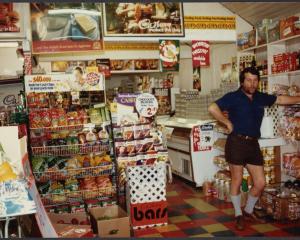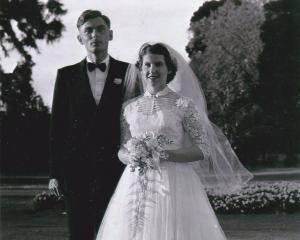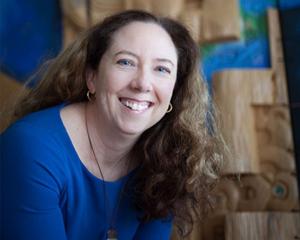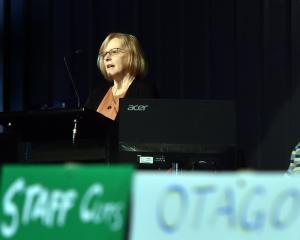It took a long time for his peers to realise Shaun Markham was exceptionally bright.
He says being named dux of King's High School in 2012 seemed to be a turning point, when other pupils accepted he had academic ability.
''I got a lot more respect from my classmates, and from younger boys.''
The 19-year-old, who has cerebral palsy, recently completed his second year studying commerce and economics at the University of Otago.
His 2014 university results are impressive. He received mostly A or A+ grades.
His studies last year included first year law, but despite receiving top marks, he has decided not to pursue a law degree.
''Maths just comes naturally to me,'' he said.
Asked about people's perceptions of his disability, he says they tend to assume he is a ''bit slow''.
''But it's getting better. People are becoming more accepting, I think.''
Ultimately, though, he says he cannot control what people think, so he just gets on with it.
Mr Markham lives at home with his parents in Sawyers Bay, Dunedin.
The university has catered well for his needs.
He has a writer for exams, which are conducted in a separate room.
He dictates all his essays and answers to the writer.
''It's very well resourced,'' he said.
He plans to study at postgraduate level, before applying for jobs at the Treasury, or the Reserve Bank.
Fatigue is the ''biggest thing'' for him to cope with, and he has to be careful. Mrs Markham says her son likes to ''prove a point'', and show that nothing is impossible.
She was nervous before he started university, but it had been ''perfectly fine''.
''He's not happy with middle of the road.''
It is a long day for him. A goal for 2015 is for Mr Markham to take a bus to university one way, and a car ride the other way.
During his first two years he was dropped off and picked up every day.
He recently completed a six-week life skills course with an occupational therapist to help him make breakfast and lunch.
Tasks like making toast are difficult because of his lack of muscle control.
''That stuff kind of got left behind while he was at high school, because we had to fight so hard to get him through,'' Mrs Markham said.
Once he finishes his degree, he hopes to go flatting, or even buy a house.
At the moment, though, he benefits from living at home.
The ''biggest challenge'', he says, will be securing a job in the competitive field of economics, and that is why his marks have to be exceptional.
Mr Markham says he is good at adapting to his circumstances, and that will make him a good problem-solver at work.
''Whether we like it or not, there will be discrimination, so if he gets the best degrees, and the best marks, they can't turn around and say no,'' Mrs Markham said.
Mr Markham featured in the Otago Daily Times 2012 Class Act publication, which celebrates secondary school achievers.
Mrs Markham and her son spoke highly of King's High School teacher Garry Kyle, who was especially supportive.
''There were other good people [too],'' Mr Markham said.












